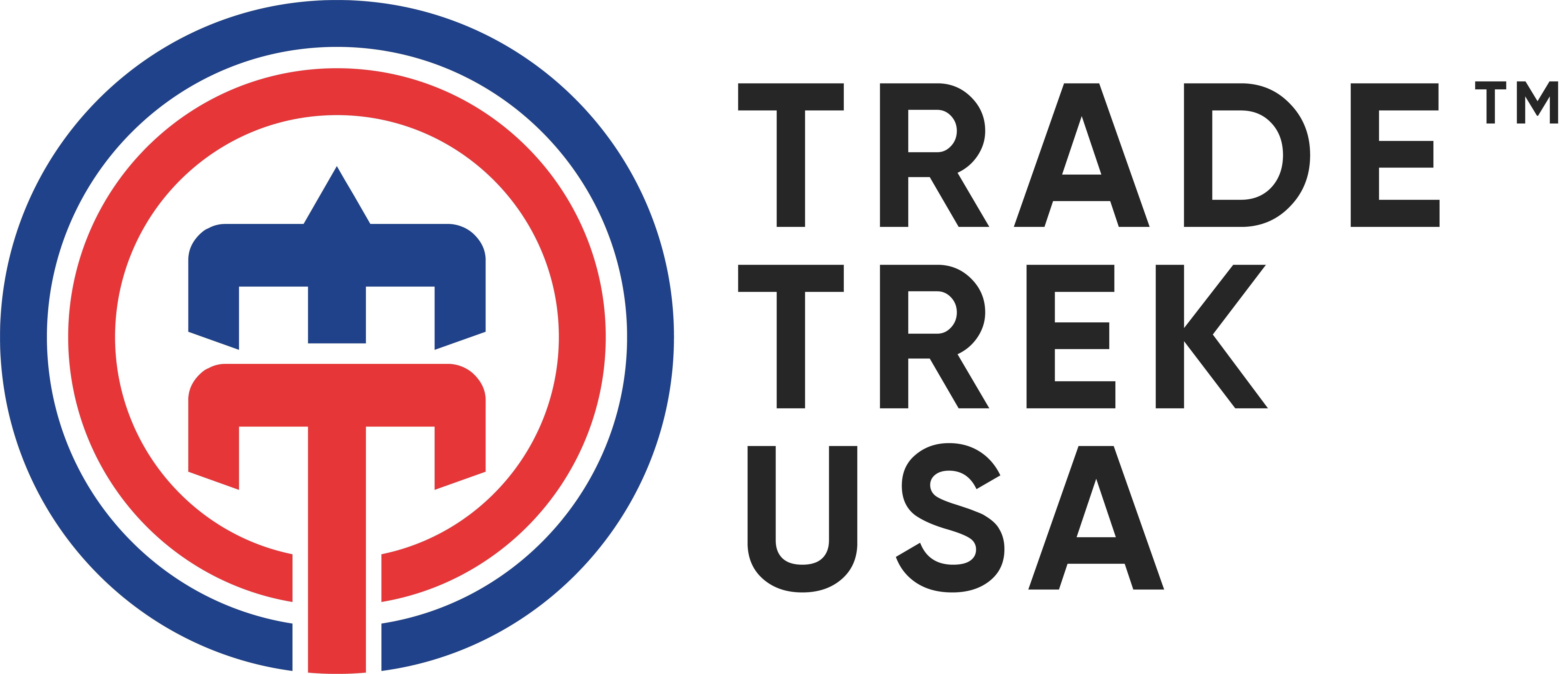Entering the US market is a significant milestone for any business, but it also comes with a complex web of legal requirements. Navigating this landscape is crucial to ensuring your brand’s success while avoiding costly delays or penalties. Here’s a detailed checklist to guide your brand through the legal essentials of launching in the US market.
1. Register Your Business
The first step in establishing your presence in the US is registering your business. Consider:
- Business Structure: Choose the appropriate entity type (LLC, Corporation, Sole Proprietorship, etc.) based on your goals and liabilities.
- State Registration: Decide whether to register in one state or multiple states, depending on your operational reach.
- Employer Identification Number (EIN): Obtain this from the IRS for tax purposes.
2. Trademark and Intellectual Property Protection
Protecting your brand’s identity and intellectual assets is crucial. Ensure:
- Trademark Registration: File for a trademark with the US Patent and Trademark Office (USPTO) to protect your brand name, logo, and tagline.
- Copyrights and Patents: Secure copyrights for creative works and patents for inventions if applicable.
- Domain Name: Register a web domain that aligns with your brand to safeguard your online presence.
3. Obtain Necessary Permits and Licenses
US regulations vary by industry and state. Common requirements include:
- Business Licenses: General business permits for operating within specific cities or states.
- Industry-Specific Licenses: For example, FDA approval for food and beverages, or ATF permits for alcohol products.
- Health and Safety Permits: Adherence to OSHA standards if you operate facilities or warehouses.
4. Ensure Tax Compliance
Taxes in the US can be complex, with federal, state, and local obligations. Key considerations:
- Sales Tax Registration: Register to collect and remit sales tax in states where your business has a physical or economic presence.
- Income Tax: File federal and state income taxes based on your business structure.
- Customs Duties: For imported goods, ensure compliance with US Customs and Border Protection (CBP) requirements.
5. Adhere to Employment Laws
If you plan to hire employees in the US, compliance with labor laws is essential. This includes:
- Fair Labor Standards Act (FLSA): Adhering to wage and hour regulations.
- Employee Eligibility Verification (Form I-9): Ensure all employees are authorized to work in the US.
- Workers’ Compensation Insurance: Mandatory in most states.
6. Comply with Advertising and Marketing Regulations
Marketing practices in the US are closely monitored to protect consumers. Follow these guidelines:
- Truth in Advertising: Ensure all claims are accurate and substantiated.
- Data Privacy Laws: Comply with regulations such as the California Consumer Privacy Act (CCPA) for collecting and using consumer data.
- Email Marketing Compliance: Adhere to the CAN-SPAM Act when sending promotional emails.
7. Product Safety and Labeling
Products sold in the US must meet stringent safety and labeling standards. Key requirements include:
- Consumer Product Safety Commission (CPSC): Ensure products meet safety guidelines.
- Food and Drug Administration (FDA): Compliance for food, cosmetics, and pharmaceuticals.
- Label Accuracy: Include clear instructions, ingredients, and warnings as mandated by law.
8. Draft Contracts and Agreements
Legal agreements protect your business relationships and operations. Essential documents include:
- Supplier Agreements: Clearly outline terms with vendors and manufacturers.
- Customer Terms of Service: Define the terms under which customers interact with your brand.
- Employee Contracts: Specify roles, responsibilities, and legal protections.
9. Secure Liability Insurance
Insurance safeguards your business against unforeseen risks. Consider:
- General Liability Insurance: Covers accidents, injuries, and property damage.
- Product Liability Insurance: Essential for brands selling goods to protect against claims related to product defects.
- Business Interruption Insurance: Protects against losses due to unforeseen disruptions.
10. Stay Updated on Legal Changes
US laws and regulations are subject to change. To stay compliant:
- Subscribe to Legal Updates: Follow industry-specific legal news.
- Engage a Legal Advisor: Partner with a US-based attorney to navigate complex issues.
- Regular Audits: Conduct periodic compliance checks to identify and address gaps.
Final Thoughts
Launching a brand in the US market requires meticulous legal preparation. By following this checklist, your business can minimize risks and focus on growth. Partnering with legal experts and staying informed about regulatory changes will ensure a smooth and successful entry into the competitive US landscape.


